
18 Lifestyle and Dietary Habits to Improve Gut Health and Digestive Issues
Good digestive health is the cornerstone of overall well-being. When your gut is functioning optimally, it aids in nutrient absorption, strengthens the immune system, balances hormones, and even supports mental clarity and mood. On the other hand, poor digestive health can lead to uncomfortable and disruptive issues such as bloating, constipation, gas, diarrhea, and other gut-related problems.
The encouraging news? You don’t need a radical lifestyle overhaul to improve your gut. Small, consistent changes to your daily habits and diet can make a huge difference over time.
Below are 18 highly effective lifestyle and dietary habits—plus a few bonus tips—that can help enhance your digestive system, alleviate common digestive issues, and support long-term gut health:%7Bw%5Bq%5D=w%5Bq%5D%5B%5D;w%5Bq%5D.push(%5B_mgc.load%5D)%7D)(window,_mgq);%20script%20(50).jpg)
1. Eat More Fiber-Rich Foods
Dietary fiber is crucial for a well-functioning digestive system. It helps regulate bowel movements, adds bulk to the stool, and feeds the beneficial bacteria in your gut. Aim to include plenty of fruits, vegetables, legumes, whole grains, nuts, and seeds in your meals every day.
2. Stay Well Hydrated
Water plays a key role in digestion by helping break down food and allowing your body to absorb nutrients. Staying hydrated also softens stool and prevents constipation. Try to drink at least 8 glasses of water a day, more if you're active or live in a hot climate.
3. Add Probiotics to Your Diet
Probiotics are live beneficial bacteria that help maintain a healthy balance in your gut microbiome. They improve digestion, enhance immune function, and may reduce symptoms of IBS. Sources include yogurt, kefir, kimchi, sauerkraut, miso, and kombucha.
4. Limit Processed and Sugary Foods
Heavily processed foods and those high in refined sugar can negatively impact your gut by feeding harmful bacteria and causing inflammation. Replace sugary snacks with whole foods like fruits, nuts, and whole-grain options.
5. Chew Your Food Thoroughly
Digestion starts in the mouth. Chewing food properly breaks it down into smaller pieces and mixes it with saliva, making it easier for your stomach and intestines to process and absorb nutrients.
6. Eat Smaller, More Frequent Meals
Instead of three heavy meals, try spreading your food intake across 4–5 smaller meals throughout the day. This approach can ease the burden on your digestive system, reduce bloating, and minimize the risk of acid reflux.
7. Manage Stress Levels
Chronic stress interferes with the gut-brain connection and can worsen symptoms of digestive disorders. Regular stress-reduction techniques such as mindfulness meditation, yoga, breathing exercises, or even journaling can make a noticeable difference.
8. Engage in Regular Physical Activity
Exercise helps stimulate the natural contractions of your intestinal muscles, making it easier for food to move through your digestive system. Aim for at least 30 minutes of moderate activity (like walking or cycling) most days of the week.
9. Moderate Your Alcohol Intake
Alcohol can irritate the stomach lining, disrupt gut bacteria, and lead to inflammation. If you drink, do so in moderation—one drink per day for women and two for men is a common guideline.
10. Avoid Smoking
Smoking weakens the lower esophageal sphincter, increasing the risk of acid reflux. It also contributes to a higher risk of gastrointestinal diseases, including ulcers and some cancers.
11. Include Prebiotic Foods
Prebiotics are types of fiber that serve as food for your healthy gut bacteria. Common sources include garlic, onions, leeks, bananas, asparagus, and oats. Including them in your diet helps probiotics thrive.
12. Don’t Skip Breakfast
Eating a nutritious breakfast jumpstarts your digestive system and provides energy for the day. Include protein, fiber, and healthy fats to support sustained energy and digestion.
13. Avoid Eating Right Before Bed
Eating late at night can disrupt your digestive rhythm and increase the likelihood of acid reflux or indigestion. Try to finish your last meal at least 2–3 hours before going to bed.
14. Maintain a Healthy Body Weight
Excess weight, especially around the abdomen, puts pressure on the stomach and can contribute to heartburn, acid reflux, and other digestive complaints. Healthy weight management benefits both digestion and overall health.
15. Identify and Avoid Food Intolerances
Some people may have sensitivities to certain foods, such as dairy (lactose), gluten, or high-FODMAP foods. Keeping a food journal can help identify triggers and reduce unwanted symptoms.
16. Incorporate Healthy Fats
Healthy fats improve nutrient absorption and support cell function. Include sources like avocados, olive oil, flaxseeds, and fatty fish to support both digestion and cardiovascular health.
17. Try Herbal Teas
Herbal teas like ginger, peppermint, chamomile, and fennel can soothe the digestive tract, reduce gas, and relieve bloating. They’re a natural, gentle aid for post-meal comfort.
18. Prioritize Quality Sleep
Sleep is a powerful tool for healing and restoring all body systems, including the digestive system. Aim for 7–8 hours of uninterrupted sleep each night to allow your gut to repair and reset.
Bonus Tips for Extra Digestive Support:
-
Eat Mindfully: Slow down, savor your food, and eat without distractions. Mindful eating improves digestion and helps prevent overeating.
-
Consider Digestive Enzymes: If you have trouble digesting certain foods, enzyme supplements (such as lactase or bromelain) might help—but consult a healthcare provider first.
-
Stay Consistent: Your gut thrives on regular routines. Try to eat, sleep, and exercise around the same time each day.
Final Thoughts
Improving your digestive health doesn’t have to be complicated. By adopting these practical, science-backed habits, you can enhance your gut function, relieve common digestive discomforts, and boost your overall wellness. Remember: small, steady changes lead to lasting transformation. A healthy gut is a happy gut—and a happier you.
News in the same category


7 Early Warning Signs of a Stroke – Recognize Stroke Symptoms FAST: THIS Could Save Your Life

🍃 People Love Papaya – But Most Don’t Know How Powerful Its Leaves Are! Here’s How to Use Them

Discover The Miraculous Benefits of Moringa

Natural Drink to Support Knee Health for Seniors

The Peel That Could Empty Hospitals: A Natural Remedy for Cancer, Diabetes & High Blood Pressure 😱👇

Shocking Truths About Sunflower Seeds You Need to Know Before Your Next Snack

Cloves, Garlic & Honey: A Simple Jar of Nature’s Support

A Soothing Blend of Cinnamon, Garlic, and Aloe Vera: What It May Offer for Your Health

I’m 60 and Reversed Diabetes, High Blood Pressure, and Poor Circulation Naturally — Without Pills or Expensive Medications

The Daily Drink That Supports Youthful Vitality: Cucumber, Lemon, and Ginger

Banana Blossom: The Natural Medicine Everyone Overlooks
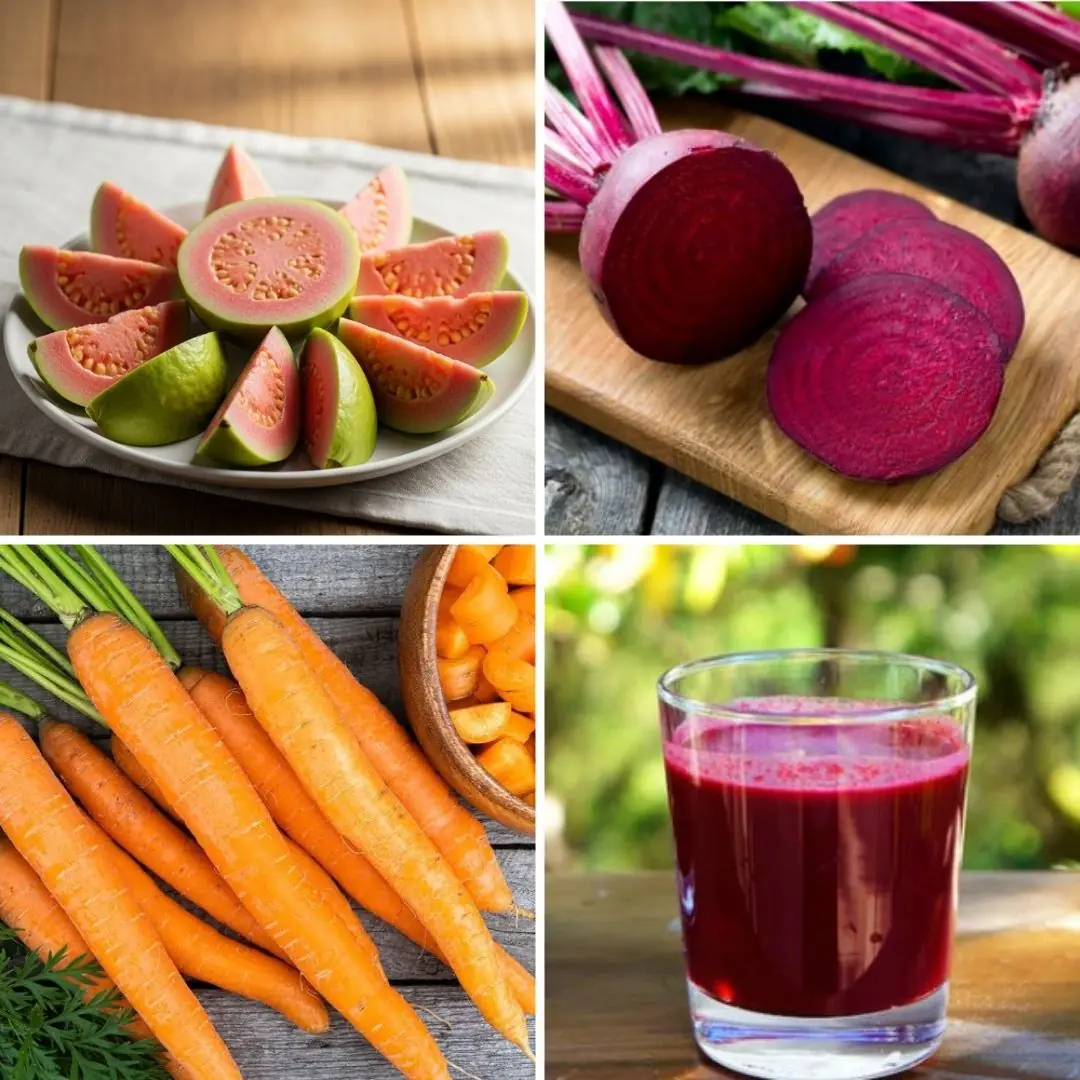
Say Goodbye to Anemia, Cleanse Fatty Liver, and Restore Vision in Just 7 Days With This Powerful Natural Remedy

Ditch Bad Vision for Good! Carrots Can Boost Your Eyesight, Hearing, Memory & Immunity
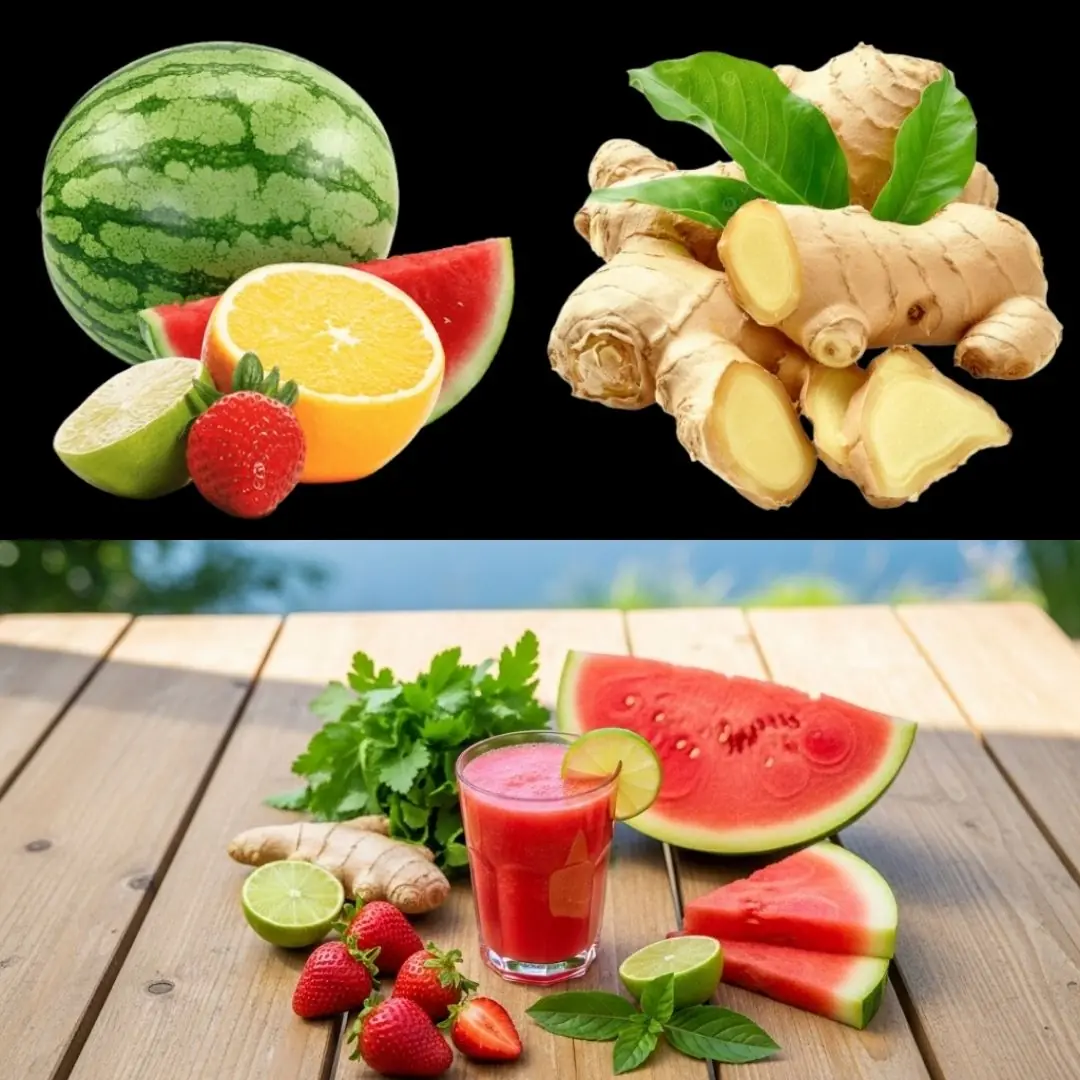
Watermelon Juice with Carrot, Beetroot, and Ginger: A Refreshing, Nutrient-Packed Drink

Shocking Secret Revealed: Erase Facial Hair Naturally with THIS Kitchen Staple!
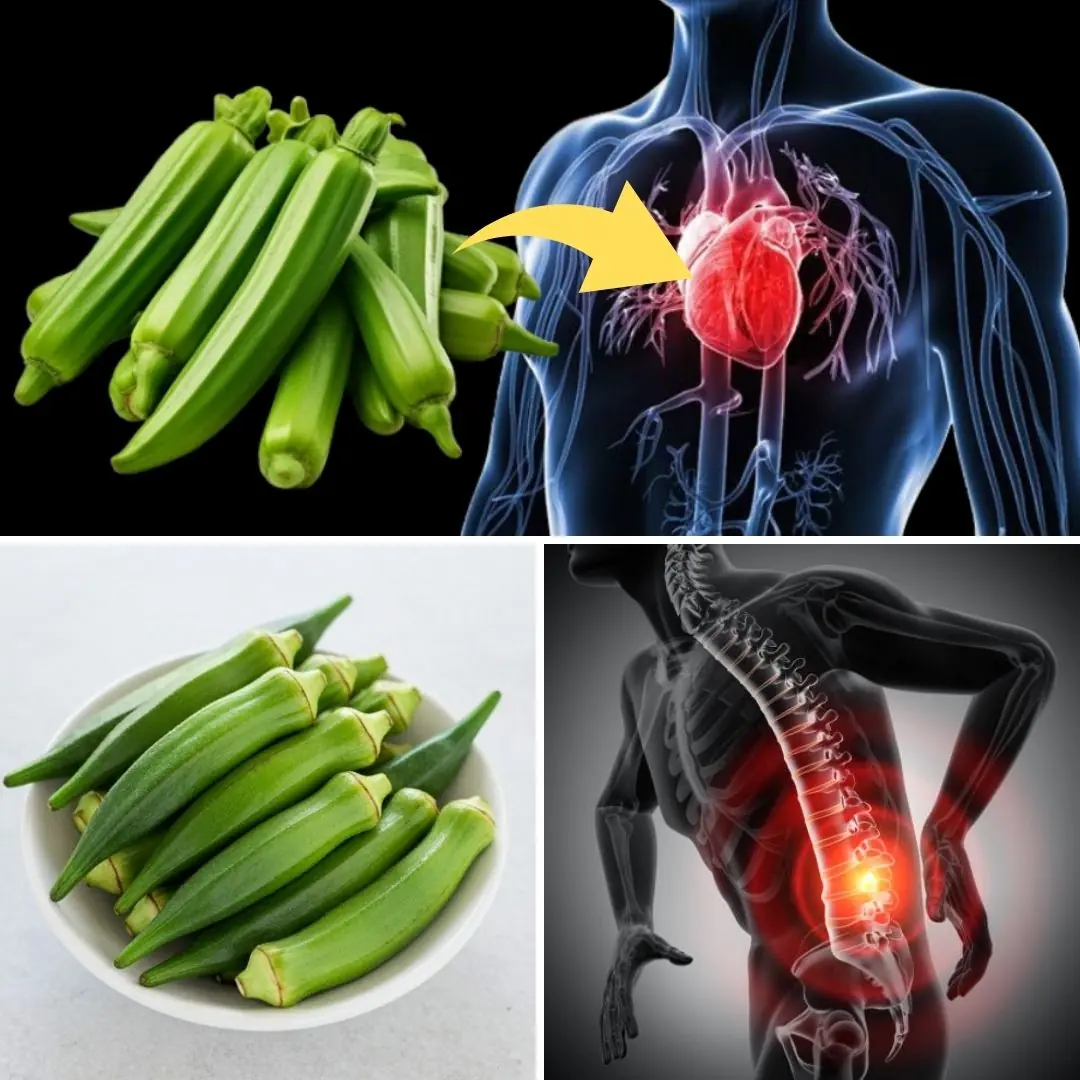
🌿 OKRA BENEFITS – 20 Impressive Health Benefits of Okra You Need to Know!

Dwarf Mallow (Malva neglecta): The Overlooked Superplant Your Body Will Thank You For

The Powerful Natural Drink Recommended by Dr. Frank Suárez to Help Combat Cancer, Diabetes, and Fatty Liver
News Post

A Missing Little Girl Who Was Featured On “Unsolved Mysteries” Has Finally Been Found
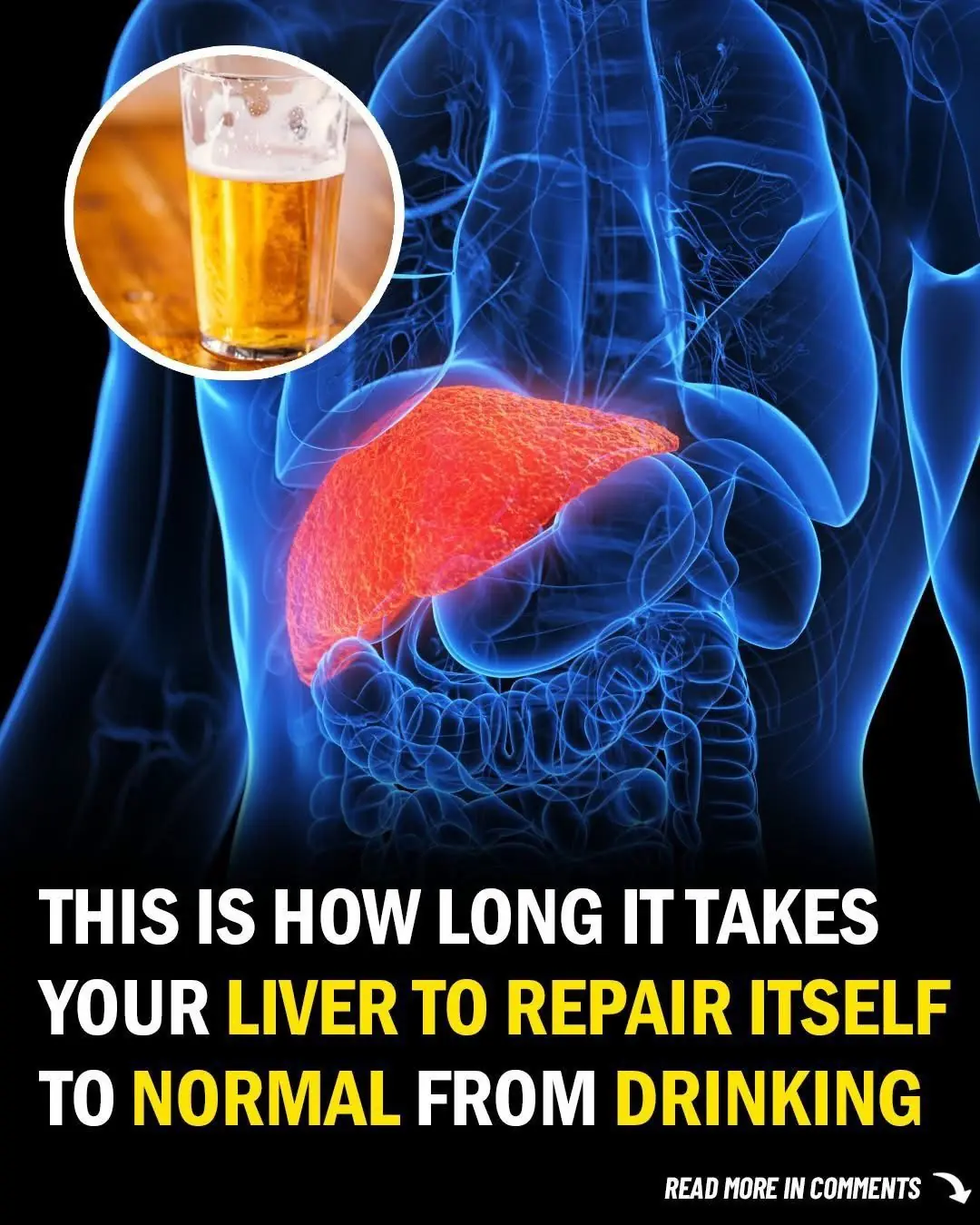
This Is How Long It Takes Your Liver to Return to Normal From Drinking

Biohacker Claims 90 Days Of Oxygen Therapy Reversed His Biological Age To That Of A 10-Year-Old

Tomato, Turmeric, and Sugar: The DIY Glow-Up Trick for Radiant Skin

7 Early Warning Signs of a Stroke – Recognize Stroke Symptoms FAST: THIS Could Save Your Life

🍃 People Love Papaya – But Most Don’t Know How Powerful Its Leaves Are! Here’s How to Use Them

The Trans-Canadian Rail Route: An Iconic Journey Across Canada

Vocal Speech Observed in Wild Chimpanzees. Are Apes Evolving Into Humans?

Photograper Captures A Once-In-A-Lifetime Shot Of A ‘Horizontal Rainbow’ That Filled The Whole Sky

Scientists Discover Massive Underground Reservoir Holding 3x More Water Than All Our Oceans Combined

If You Kill One Dragonfly, You Are Responsible For Over 100 Mosquito Bites

Tesla Dreamed It—Now Wireless Electricity Is Closer To Reality Than Ever

Can Your Eyes Reveal Diabetes or Cancer? Don’t Miss the Signs

Discover The Miraculous Benefits of Moringa

Clear Signs of Kidney Failure Everyone Should Pay Attention To

Natural Drink to Support Knee Health for Seniors
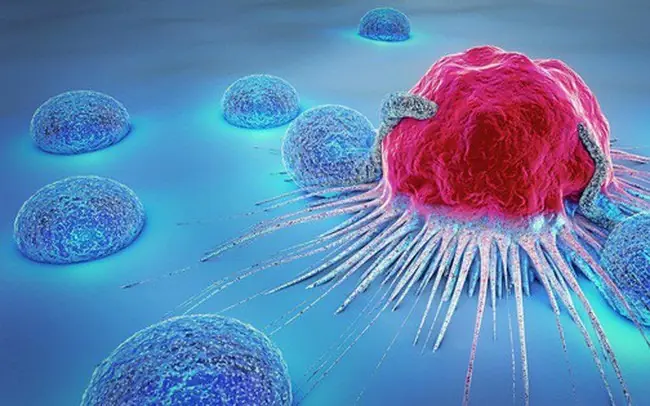
5 Typical Early Symptoms of Childhood Cancer: When to Take Your Child to the Hospital Immediately

The Peel That Could Empty Hospitals: A Natural Remedy for Cancer, Diabetes & High Blood Pressure 😱👇
